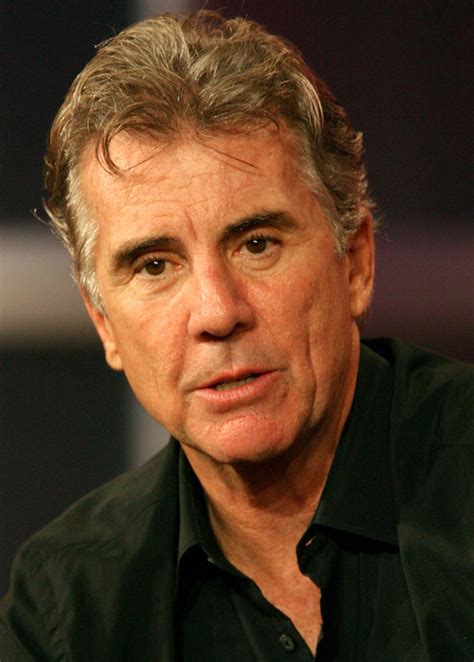A Quote by Terri E Apter
Preoccupied with her self, the adolescent sees enormous changes, whereas the parent sees the child she knew all along. For the parent, new developments are superficial and evanescent. For the adolescent, they are thrilling and profound.
Quote Topics
Related Quotes
This is the hope of many adolescent girls--to capture a parent's heart with love for them as they are, as people. They reject thenotion of being loved just because they are the child of the parent. They want the parent to fall in love with them all over again, because being new, they deserve a new love.
The good enough mother, owing to her deep empathy with her infant, reflects in her face his feelings; this is why he sees himselfin her face as if in a mirror and finds himself as he sees himself in her. The not good enough mother fails to reflect the infant's feelings in her face because she is too preoccupied with her own concerns, such as her worries over whether she is doing right by her child, her anxiety that she might fail him.
A conscious parent is not one who seeks to fix her child or seek to produce or create the 'perfect' child. This is not about perfection. The conscious parent understands that is journey has been undertaken, this child has been called forth to 'raise the parent' itself. To show the parent where the parent has yet to grow. This is why we call our children into our lives.
Without a sense of the shame or guilt of his or her action, the child will only be hardened in rebellion by physical punishment. Shame (and praise) help the child to internalize the parent's judgment. It impresses upon the child that the parent is not only more powerful but also right. Like the Puritans, Locke (in 1690), wanted the child to adopt the parent's moral position, rather than simply bow to superior strength or social pressure.
The traditional paradigm of parenting has been very hierarchical, the parent knows best and very top down. Conscious parenting topples [this paradigm] on its head and creates this mutuality, this circularity where both parent and child serve each other and where in fact, perhaps, the child could be even more of a guru for the parent .... teaching the parent how the parent needs to grow, teaching the parent how to enter the present moment like only children know how to do.



































